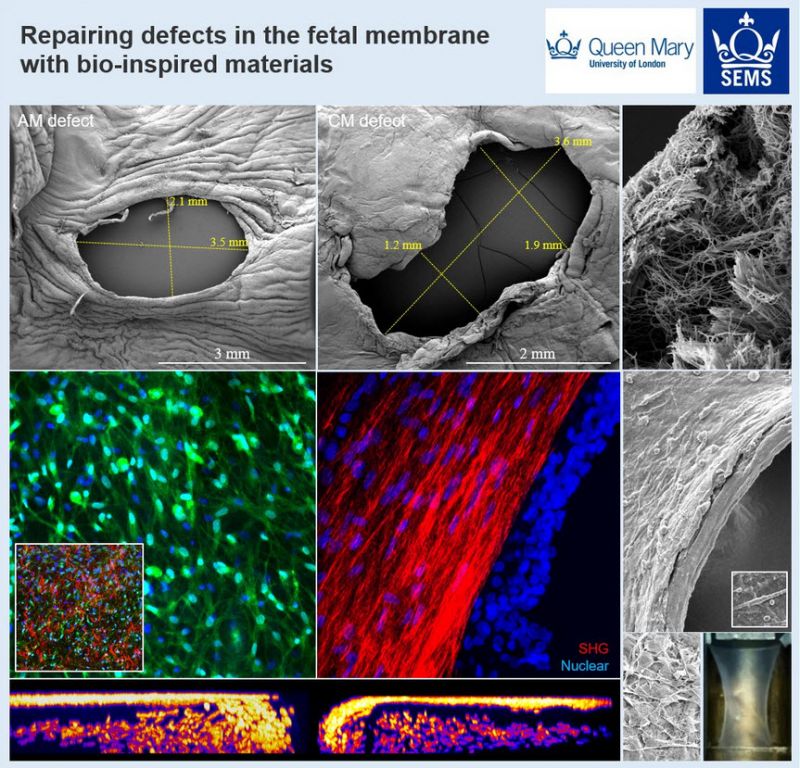Dr Tina Chowdhury
BSc, MSc, PhD, PGCAP, SFHEA
Research Overview
Regenerative medicine, Infection, Inflammation
Interests
Our stimulating and vibrant team devoted to cross-disciplinary research provides an exciting environment focused on translational research particularly in inflammatory disease. We are devloping novel therapeutics to slow down inflammation and repair damage to soft tissues with the vision of restoring normal function. We use multi-disciplinary tools involving engineering, materials and biology with a variety of human tissue models to investigate biomechanics and the pro-inflammatory mileau. Tissues include fetal membranes, cartilage and the intervertebral disc. Our research efforts are focused on translational investigation with the aim of delivering novel therapeutics that restore normal function and a healthy ageing phenotype into the clinical arena.

Funding from Arthritis Research UK and the AO Foundation has identified a novel homeostatic pathway induced by C-type natriuretic peptide (CNP). This protein is found naturally occurring in cartilage tissue and activates natriuretic peptide receptor (Npr2) leading to cGMP/PrkgII signalling. Activation of this homeostatic pathway in response to CNP mediates both reparative and anti-inflammatory effects in diseased cartilage. Our work provides strong evidence that CNP based agents could be used to enhance repair and treat cartilage disorders such as osteoarthritis. In addition, the beneficial effects were enhanced with mechanical loading implicating that both signals (CNP and mechanical loading) act in an anti-inflammatory manner and have protective effects in joint tissues. The next step in the research is to replicate results in a diseased animal model before the benefits can be translated to patients https://youtu.be/MOxhPNXfcT4
For the latest details about Tina's research, follow @ttchowdhury on X or visit https://www.seresearch.qmul.ac.uk/bioengineering/people/tchowdhury/#research

